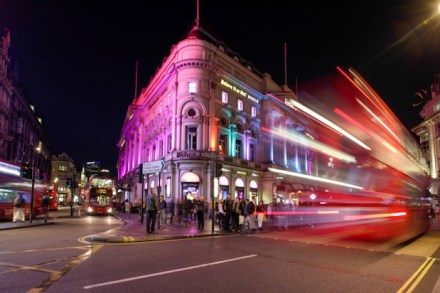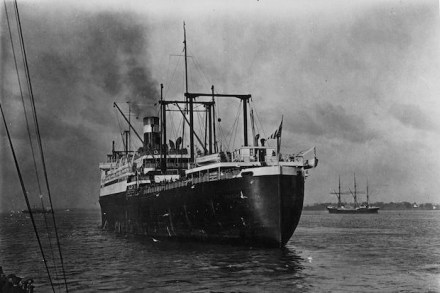The best navigation idea I’ve seen since the Tube map
I stopped using London buses when some coward put doors on them. Twenty years ago, you could board any bus headed in the right direction and when it diverged from your intended route you’d jump off and board another. You didn’t need to understand bus routes at all. Now, when bus doors open only at specified stops, an absurd level of research is needed. It takes five minutes to work out where to wait and which route to take. Worse, buses use the dippy Paris Métro approach (Diréction Porte de Clignancourt) where only the final destination is on the front. This demands unrealistic knowledge of the outer suburbs. Where the




















